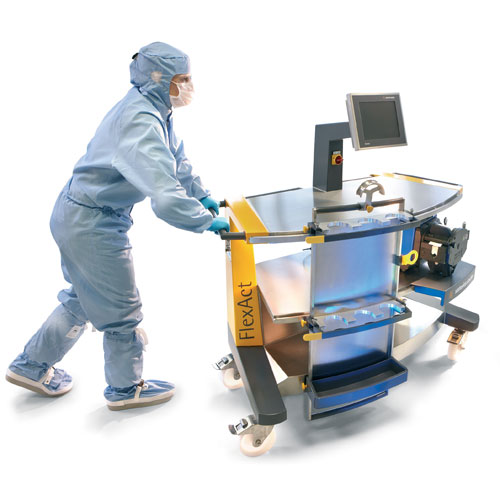When a biomanufacturer takes on a new client, the eventual outcome cannot be known. One project could involve clinical trial material for a treatment that never reaches the market and another could turn into a Humira-like blockbuster. To stay alive and profitable, a biomanufacturer must be ready to change course when needed—from turning to an entirely new material or tweaking an existing one.
One way to enhance flexibility comes from making molecules in single-use biodisposable bags. With this method, “a manufacturer doesn’t need to shut down for months to resterilize and recalibrate a system,” says Yali Friedman, publisher of DrugPatentWatch and former head of data analytics for Scientific American Custom Media. “That makes them more nimble and possibly able to undercut branded prices.” He emphasizes, “It’s all about being nimble in this game.”
Taking a single-use approach could make a manufacturer faster in changing from one medication to another or better prepared to handle various customers or projects. A company can more quickly set up a series of single-use bags than build a collection of stainless-steel systems. That way a biomanufacturer could more easily manage the production of “stratified medications with smaller manufacturing runs,” Friedman explains. “That favors an agile process that can be reconfigured quickly.”
Still, options beyond general flexibility can also drive a profitable biomanufacturing business. “A company could specialize in making a category of biologics, like antibodies,” Friedman says. “Then, you can make similar kinds of products over and over with tweaks. That could create more diversity in clients.” So, even making the same thing—or at least molecules in the same category, like antibodies—could lead to a longer list of clients.
This flexibility allows a biomanufacturer to quickly jump from making one category of medicine to another or adjust the conditions to modify an existing biological treatment. We might be watching biomanufacturers endure the personal-computer wars of the 1980s, where a company was forced to adapt or destined to die.






